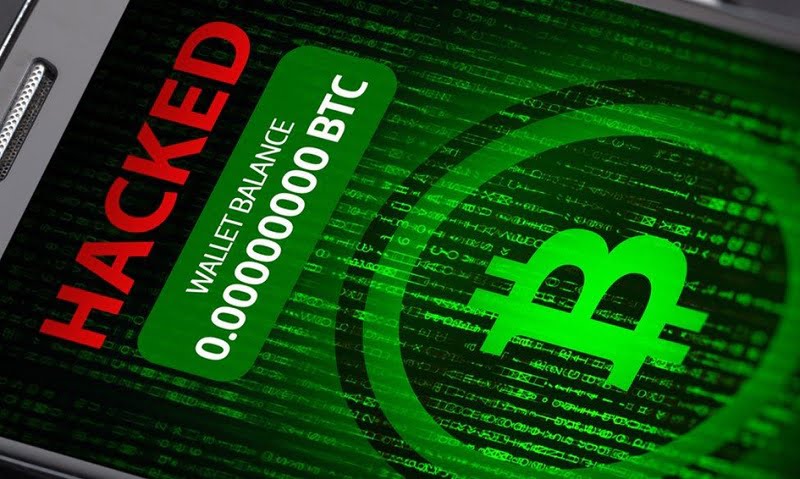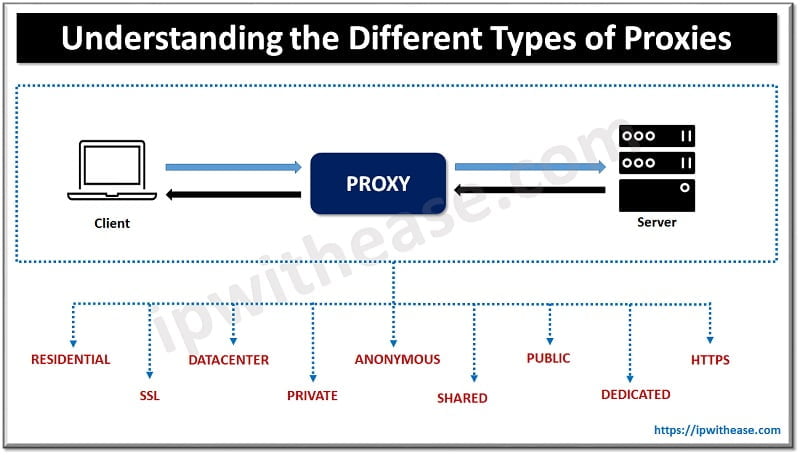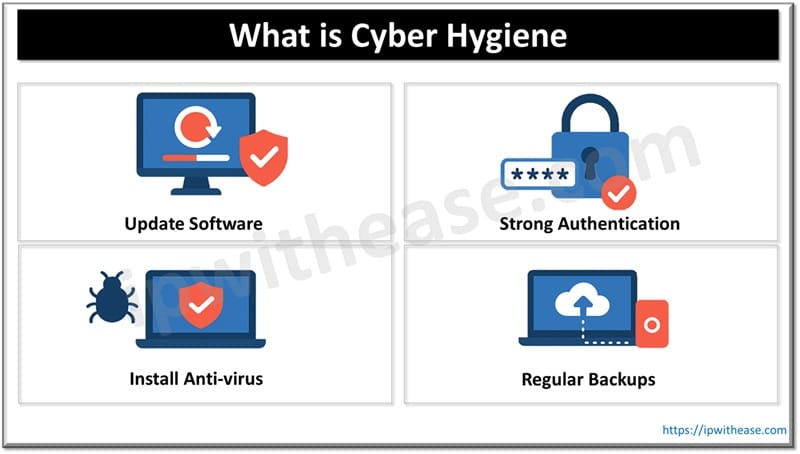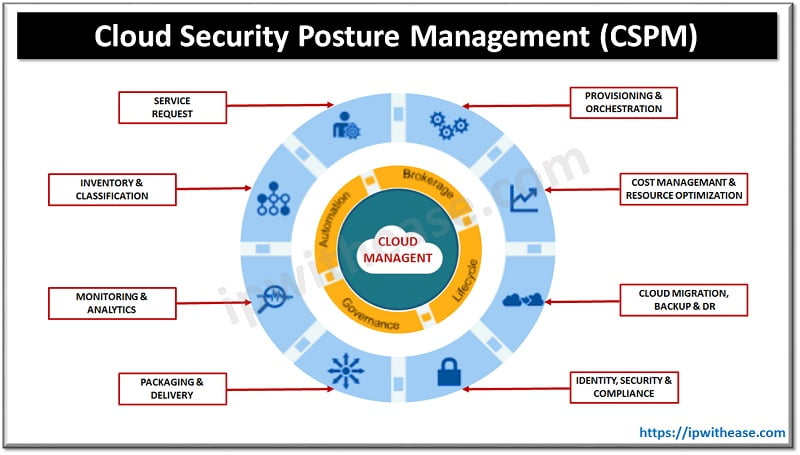People are hesitant to invest in cryptocurrencies because of security risks, especially since it is the investor’s responsibility to secure bitcoin investments. Because most countries don’t regulate cryptocurrencies, you may have no legal recourse if something goes wrong.
If you lose or steal your bitcoin, it will be difficult, if not impossible, to get it back.
Even while conducting business online is risky, many of the same precautions will keep your bitcoin safe. When it comes to protecting your cryptocurrency wallet, you should employ online banking-style security. To protect your bitcoin investment, you may do the following:
You must maintain your bitcoin wallet’s private key safe. DigiCert specializes in PKI, thus we know how to protect private keys.
How to secure crypto wallet
Use these ten measures to protect your bitcoin from hackers. You may not need all 10, but based on your risk tolerance and privacy needs, you may choose how much protection you need.
1. “Cold” wallets are safer for crypto
First, use a “cold” or hardware bitcoin wallet. Some of this information may be required online to complete transactions; store the rest offline. A USB-sized hard crypto wallet keeps your private key. Offline wallet. Investing is impossible without a private key. Two investors misplaced their multimillion-dollar hard wallet’s secret key. Investors paid a hardware hacker to regain $2 million from their bitcoin wallet. Save your private key carefully to avoid hiring a hacker. Keep your private key in a safe or deposit box. Maximum protection.

Keeping most of your bitcoin with internet providers risks exposing your private key. If they’re hacked and your secret key is taken, you might lose your money. Having many bitcoin wallets might help distribute risk. Even if one private key is compromised, the others will remain safe. This requires safe storage of many secret keys, which raises issues.
Software Third to physical and online wallets are cryptocurrency wallets. Malicious apps may still compromise your application wallet, whether it’s on your desktop or mobile device.
2. Always trade on a recognized exchange
Know the safest deals before investing. Hack bitcoin exchanges? If an exchange is hacked, it has weak security, putting your money at danger.
Most bitcoin exchanges won’t legally guarantee your investment if hacked, thus you risk losing your money. Choose an exchange that employs MFA and TLS/SSL encryption. Find out whether they have limitations on balance transfers and alerts or if you may suspend your account to minimize harm.
3. Use a password manager and change passwords often.
In the present context, you should assume all of your passwords will be hacked soon. Make your password as difficult as possible, save it securely, and change it regularly. Never reuse a password for a bitcoin wallet or other protected website. Your password shouldn’t include personal information. For improved security, users should save credentials in LastPass or 1Password instead of the browser. Once a year, change your password.
4. Use MFA
MFA requires a password, a security token, and/or biometric information to safeguard your account. MFA means “knowing and possessing.” You need your password plus a token, push notification, or biometrics.
When implementing multi-factor authentication (MFA), you may choose an SMS or push notification from a 2FA app. Two-factor authentication is preferred because if an opponent has your phone, they may have the notification sent to their own device. Cybercriminals change a user’s SIM card to access their accounts.
Contact your network provider to deactivate your SIM card if your phone is stolen. If you lose internet, messaging, and calling on your smartphone, you may have been targeted by a SIM swap. Lock your SIM card so only you can use it.
5. Beware phishing
Phishing attacks, in which the attacker appears to be a trusted source, fool many individuals. Common because many individuals are easily duped. Before inputting your bitcoin exchange login info, be sure you’re on the right website. Instead than randomly clicking on a link, add it to your favorites or manually enter the URL. Use caution when replying to a text, email, or chat message. Before sending payments, make sure you have all the details. This article contains 10 additional phishing defense strategies.
6. Separate personal/professional cryptocurrency
Separate personal and professional devices and accounts from bitcoin trading. Instead of using a personal, school, or work email, create a wallet-only email. Never access your bitcoin wallet from a work or public computer, and if you want to trade, use a personal laptop or smartphone.

7. Avoid public WiFi
Never use public WiFi to access your bitcoin exchange or accounts. Use a VPN to hide your location and IP address. VPNs may be installed on any device to preserve data privacy, prevent eavesdropping, and hide online behavior. VPNs provide an encrypted tunnel between your device and the websites you visit, giving you greater control over your data. Include this in your daily online security routines, not only for trading bitcoins.
8. System updates
Ensure your favorite device has the newest software. You may schedule later updates. Ensure your device and applications have the latest software. Anti-malware and anti-virus software must safeguard network endpoints.
9. Guard your wallet’s contents
Touting your successful bitcoin investments on social media is like begging thieves to attack you. Anonymous investors often buy and sell cryptocurrency. You shouldn’t publish on social media about your trading activity, including your platform and gains or losses.
10. Know the latest threats
As dangers change, so do self-defense methods. Check the news often for fresh assaults or threats. You can then respond quickly if your bitcoin wallet is compromised. Check out DigiCert’s blog for monthly cybersecurity roundups.
When your Crypto Wallet hacked

If someone has broken into your bitcoin wallet, it’s too late. Since the government doesn’t regulate cryptocurrencies, you may have no legal recourse if you have a disagreement. You may apply this advice immediately to prevent future assaults.
Continue Reading:
What is DeFi in Cryptocurrency?
Hash Functions and What they Offer for Security in Cryptography
ABOUT THE AUTHOR
IPwithease is aimed at sharing knowledge across varied domains like Network, Security, Virtualization, Software, Wireless, etc.



